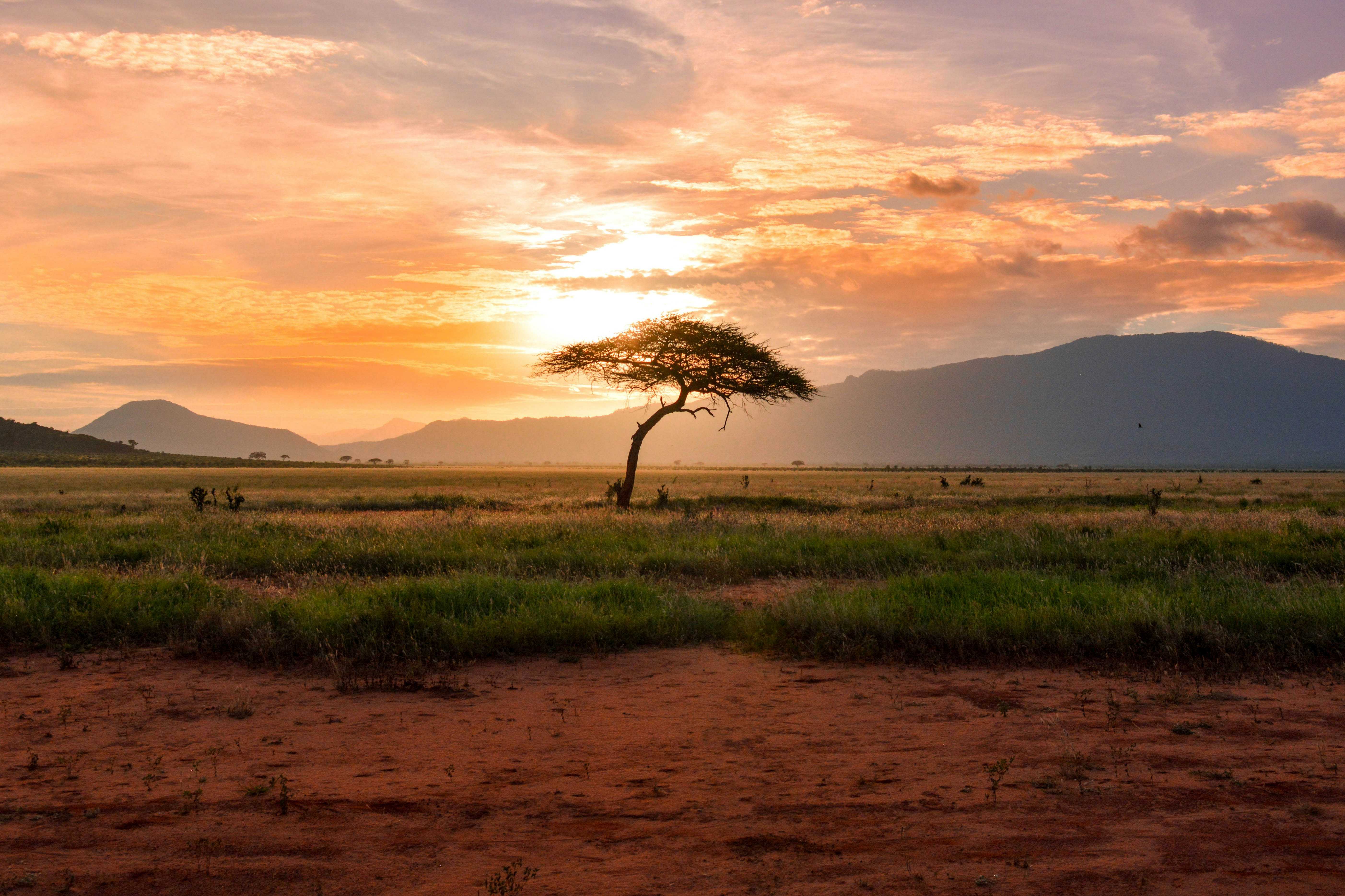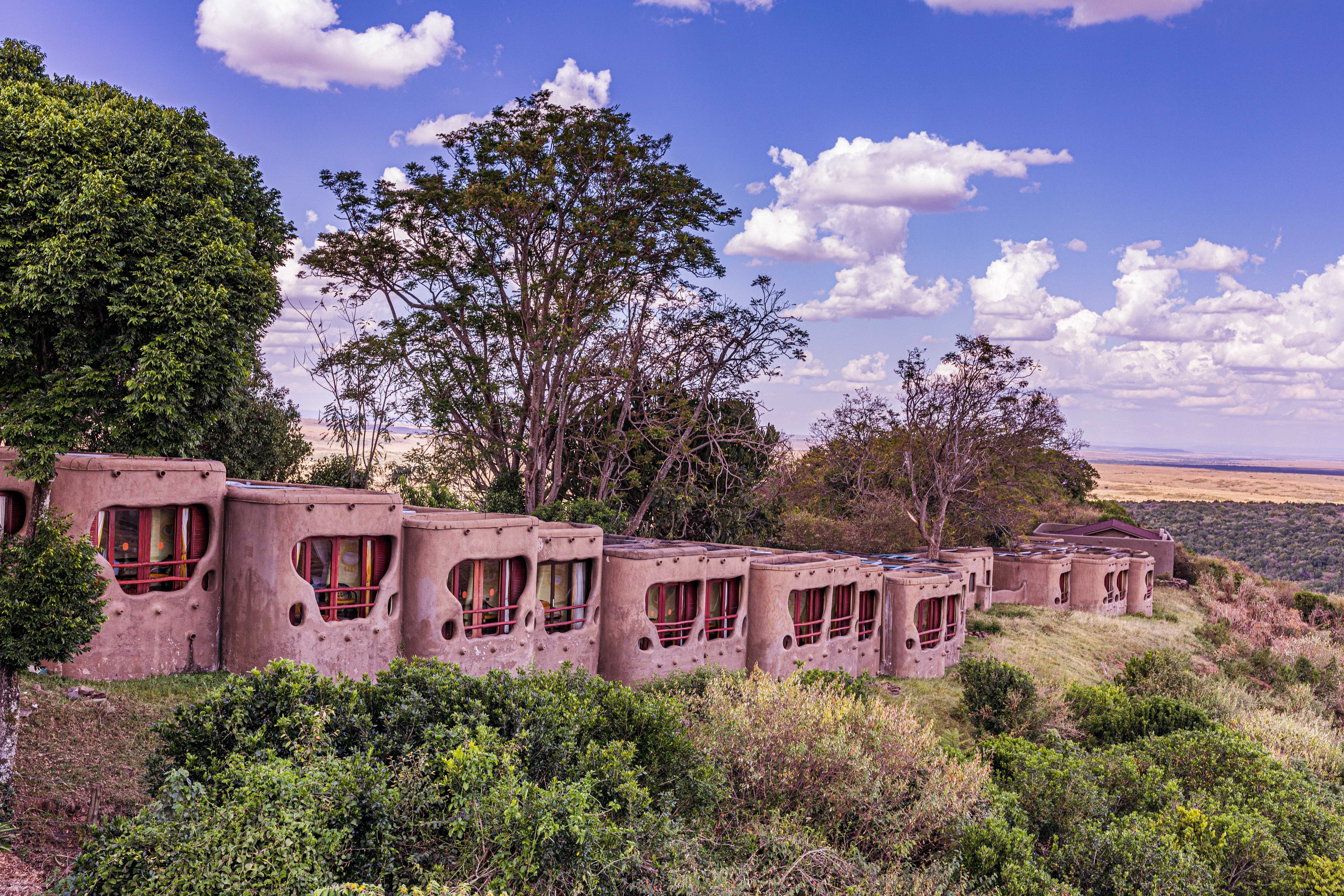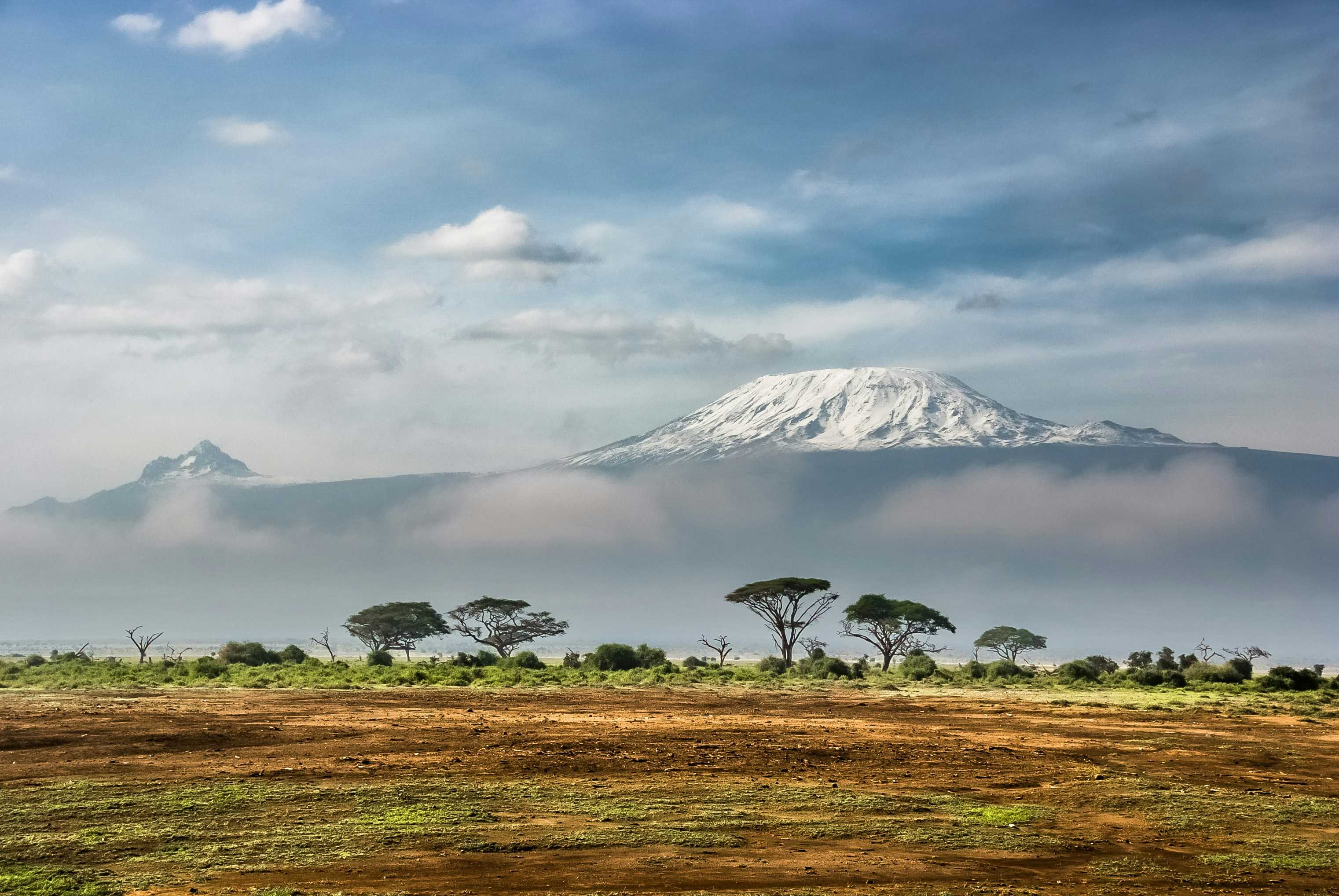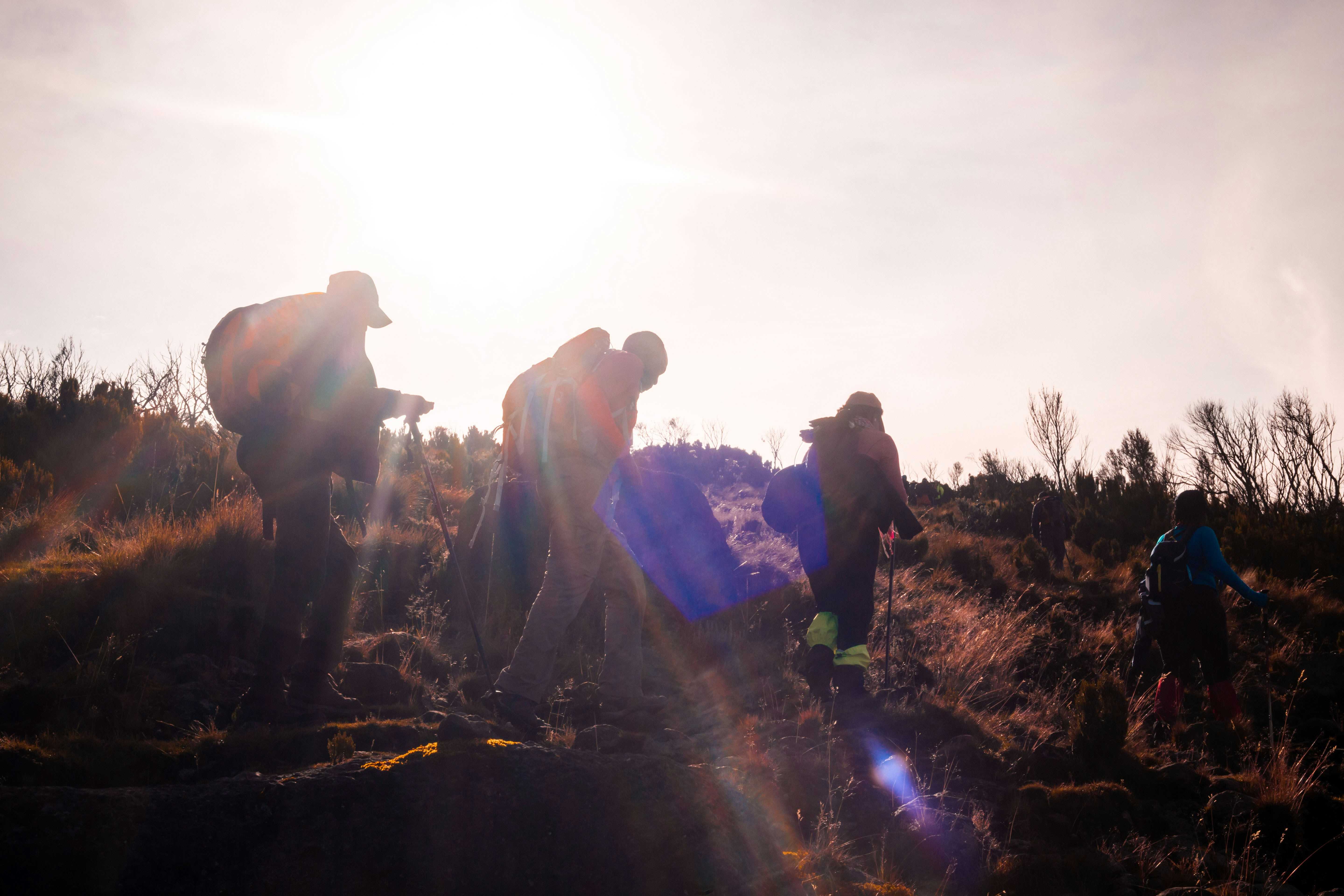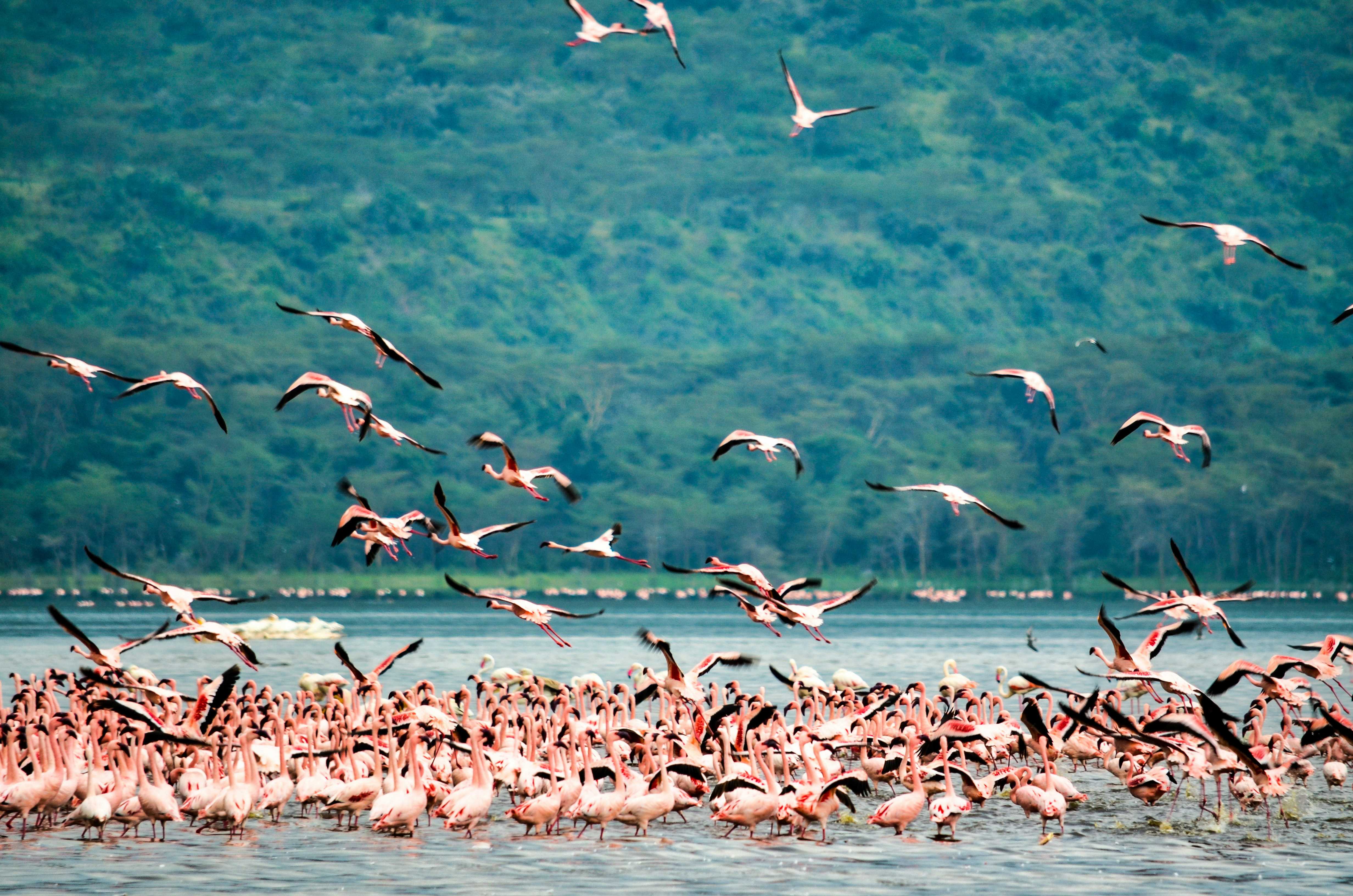Kenya is a country renowned for its breathtaking landscapes, diverse wildlife, and vibrant culture. As travelers, it is our responsibility to ensure that our visits to this beautiful country have a positive impact on its environment and communities. Sustainable travel in Kenya is all about experiencing the wonders of this incredible destination while preserving its natural and cultural heritage for future generations.
Sustainable Travel in Kenya
One of the key aspects of sustainable travel in Kenya is responsible wildlife tourism. This means engaging in ethical wildlife encounters and practicing responsible safari practices. By following these guidelines, we can ensure that our interactions with wildlife are respectful and beneficial to both animals and their habitats.
Ethical wildlife encounters involve observing animals in their natural habitats without disturbing or altering their behavior. In Kenya, this can be experienced through activities such as game drives, walking safaris, and bird watching. It is important to always keep a safe distance from wild animals and to never feed or touch them. By doing so, we can minimize the impact of our presence on their natural behavior and ensure their well-being.
Responsible safari practices also play a crucial role in sustainable travel in Kenya. This includes choosing safari operators that prioritize conservation and environmental sustainability. Look for operators that support local communities, employ local guides, and contribute to wildlife conservation initiatives. Additionally, opt for eco-friendly accommodations that minimize their carbon footprint and promote sustainable practices.
Conservation initiatives are another important aspect of sustainable travel in Kenya. The country is home to numerous conservation organizations and projects that work tirelessly to protect its wildlife and ecosystems. By supporting these initiatives, either through donations or volunteering, travelers can actively contribute to the preservation of Kenya's natural heritage.
Engaging with local communities is also vital for sustainable travel in Kenya. By interacting with local people, learning about their traditions, and supporting local businesses, travelers can help stimulate the local economy and promote cultural preservation. Participating in community-based tourism activities, such as visiting local markets or taking part in cultural exchanges, provides a more authentic and enriching travel experience.
Responsible wildlife tourism is an essential component of sustainable travel in Kenya. By practicing ethical wildlife encounters, following responsible safari practices, supporting conservation initiatives, and engaging with local communities, travelers can ensure that their visit to Kenya leaves a positive impact on its environment and people. Let us remember that our actions as travelers can shape the future of this incredible destination, and it is our responsibility to make that future a sustainable one.
Ethical Wildlife Encounters
When it comes to wildlife encounters in Kenya, responsible and ethical practices should always be followed. It is important to prioritize the well-being and conservation of the animals, ensuring that our interactions do not harm or disrupt their natural behavior.
Observe from a Distance
One of the most important aspects of ethical wildlife encounters is to observe animals from a safe distance. This allows them to go about their daily activities without feeling threatened or disturbed. By using binoculars or a zoom lens, we can admire their beauty and behavior without intruding upon their space.
Do Not Feed the Wildlife
Feeding wildlife may seem like a harmless act of kindness, but it can have detrimental effects on their health and behavior. Animals that become reliant on human food lose their natural foraging and hunting instincts, which can lead to malnutrition and dependence. It can also increase the risk of human-wildlife conflicts.
Respect Animal Behavior and Habitat
It is crucial to respect the natural behavior and habitat of wildlife. This means avoiding behaviors that may stress or provoke them, such as loud noises, sudden movements, or getting too close. Stay on designated paths and trails to minimize disturbance to their natural environment.
Support Responsible Wildlife Tourism Operators
When choosing wildlife tourism operators in Kenya, opt for those that prioritize the well-being and conservation of animals. Look for operators that follow ethical guidelines, such as minimizing the number of vehicles near wildlife, limiting the number of visitors, and providing educational information about the animals and their habitat.
Choose Responsible Accommodation
Selecting accommodation that is committed to responsible wildlife encounters is another way to support ethical tourism in Kenya. Look for lodges and camps that have implemented measures to minimize their impact on wildlife, such as using sustainable practices, providing wildlife conservation programs, and supporting local communities.
Educate Yourself and Others
Lastly, it is essential to educate ourselves and others about responsible wildlife encounters. By learning about the importance of conservation and ethical practices, we can make informed decisions and spread awareness to others. Share your knowledge and experiences to inspire responsible tourism and wildlife conservation efforts.
By following these responsible practices, we can ensure that our interactions with wildlife in Kenya are not only enjoyable but also contribute to the preservation of these incredible creatures and their natural habitats. Let us embrace responsible wildlife tourism and be stewards of the environment for future generations to come.
Tips for Sustainable Safari Experiences in Kenya
When it comes to wildlife tourism in Kenya, it is essential to ensure that our experiences are not only enjoyable but also sustainable and ethical. By following these tips, you can have a memorable safari adventure while minimizing your impact on the environment and supporting local conservation efforts.
Choose Responsible Tour Operators
Start your sustainable safari experience by selecting a tour operator that prioritizes responsible practices. Look for operators who are committed to wildlife conservation, community development, and minimizing their ecological footprint. They should prioritize the welfare of the animals and employ knowledgeable guides who can provide insightful information about the local wildlife.
Respect Wildlife and Their Habitats
While on safari, it is crucial to respect the wild animals and their natural habitats. Keep a safe distance from the animals and never approach them too closely. Remember that you are a visitor in their home, and it is essential to observe them from a respectful distance. Avoid any actions that could disturb or stress the animals, such as making loud noises or throwing objects.
Follow Park Rules and Regulations
National parks and reserves in Kenya have specific rules and regulations in place to protect the wildlife and their habitats. It is essential to familiarize yourself with these rules and abide by them during your safari. This includes staying on designated trails, not littering, and refraining from feeding or touching the animals. By following these guidelines, you can help preserve the delicate balance of the ecosystem.
Opt for Sustainable Accommodation
Choose eco-friendly and sustainable accommodation options for your safari in Kenya. Look for lodges and camps that have implemented environmentally friendly practices, such as using renewable energy sources, minimizing water usage, and practicing waste management. These accommodations often support local communities and conservation initiatives, contributing to the overall sustainability of your safari experience.
Support Local Communities
Engage with local communities during your safari to contribute to their economic development and foster cultural exchange. Purchase crafts and souvenirs directly from local artisans, dine at local restaurants, and participate in community-based tourism initiatives. By supporting local communities, you can help ensure that the benefits of wildlife tourism reach the people who live in close proximity to these magnificent wildlife habitats.
Learn and Educate Others
Take the opportunity to learn about the local wildlife and conservation efforts in Kenya. Engage with knowledgeable guides and ask questions about the animals, their behaviors, and the challenges they face. By educating yourself and sharing your knowledge with others, you can raise awareness about the importance of responsible wildlife tourism and inspire more people to make sustainable choices.
By following these tips for sustainable safari experiences in Kenya, you can make a positive impact on the environment, support local communities, and ensure the long-term conservation of the country's incredible wildlife. Remember, responsible tourism is not only about enjoying the beauty of nature but also about preserving it for generations to come.
Highlighting conservation efforts in Kenya
Kenya is known for its rich and diverse wildlife, and it is crucial to protect and conserve these precious natural resources. Thankfully, there are several conservation initiatives in place that are making a significant impact in preserving Kenya's unique flora and fauna.
One notable conservation effort is the establishment of national parks and reserves. These protected areas provide a safe haven for wildlife, ensuring their habitats are preserved and free from human interference. Places like the Maasai Mara National Reserve, Amboseli National Park, and Tsavo National Park have been instrumental in conserving Kenya's iconic species such as elephants, lions, and rhinos.
In addition to protected areas, there are various conservation organizations and projects working tirelessly to safeguard Kenya's wildlife. The David Sheldrick Wildlife Trust, for example, focuses on rescuing and rehabilitating orphaned elephants and rhinos, with the ultimate goal of reintroducing them back into the wild. Through their dedicated efforts, these organizations are playing a vital role in ensuring the long-term survival of these endangered species.
Another important aspect of conservation in Kenya is community involvement. Recognizing the importance of local communities in wildlife conservation, many initiatives have been implemented to promote sustainable livelihoods and empower communities to protect their natural resources. This includes initiatives such as community-based ecotourism, where local communities benefit directly from tourism revenue and are actively involved in wildlife conservation efforts.
Furthermore, Kenya has taken significant steps in combating illegal wildlife trade. The Kenya Wildlife Service (KWS) has been at the forefront of anti-poaching efforts, working tirelessly to apprehend poachers and dismantle illegal wildlife trafficking networks. Strong legislation and strict enforcement have helped to reduce poaching incidents and protect endangered species from the threat of extinction.
It is worth mentioning that responsible wildlife tourism also plays a crucial role in conservation efforts. By choosing tour operators and accommodations that prioritize ethical wildlife encounters and sustainable practices, travelers can contribute to the conservation of Kenya's wildlife. This includes supporting initiatives that promote responsible wildlife viewing, such as maintaining a safe distance from animals, not disturbing their natural behaviors, and adhering to strict guidelines set by conservation organizations.
Conservation efforts in Kenya are essential for the preservation of its unique wildlife. Through the establishment of protected areas, the work of conservation organizations, community engagement, and responsible tourism practices, Kenya is taking significant steps towards ensuring the long-term survival of its diverse flora and fauna. It is important for travelers to support these initiatives and choose responsible wildlife encounters to contribute to the conservation of Kenya's natural heritage.
Engaging with local communities for sustainable travel
One of the key aspects of responsible wildlife tourism in Kenya is engaging with local communities. By actively involving the local communities in tourism activities, we can create a positive impact on their lives and ensure the sustainability of the tourism industry.
When traveling to Kenya, it is essential to support local businesses, such as community-run lodges and homestays. These accommodations provide an authentic experience while directly benefiting the local community. By staying in these establishments, travelers can contribute to the local economy and empower community members.
Furthermore, engaging with local communities goes beyond just staying in their accommodations. It involves interacting with the locals, learning about their culture, and supporting their traditional practices. This can be done through community-led tours and cultural exchanges, where travelers have the opportunity to immerse themselves in the local way of life.
These interactions not only enrich the travel experience but also provide a source of income for the community. By participating in activities such as traditional dances, handicraft workshops, or agricultural practices, travelers directly support local livelihoods. This form of responsible tourism helps preserve cultural heritage and ensures its continuation for future generations.
Moreover, engaging with local communities also fosters a sense of mutual respect and understanding between travelers and locals. By learning about their challenges, aspirations, and traditional knowledge, travelers gain a deeper appreciation for the local culture and the importance of preserving it. This cultural exchange promotes empathy and tolerance, breaking down barriers and creating meaningful connections.
In addition to supporting local businesses and participating in cultural activities, responsible travelers can also contribute to community development projects. This can involve volunteering in local schools, healthcare centers, or environmental initiatives. By dedicating their time and skills, travelers can make a direct and positive impact on the lives of community members.
Engaging with local communities is a vital component of sustainable travel in Kenya. It allows travelers to experience the country in a more authentic way while supporting local livelihoods and preserving cultural heritage. By actively involving the local communities, we can ensure that tourism benefits everyone involved and contributes to the long-term conservation of Kenya's natural and cultural treasures.
A Crucial Role
Responsible wildlife tourism plays a crucial role in preserving Kenya's rich biodiversity and supporting local communities. By engaging in ethical wildlife encounters and practicing responsible safari practices, travelers can contribute to the conservation efforts in the country while enjoying unforgettable experiences.
The importance of responsible wildlife tourism cannot be overstated. It ensures that wildlife habitats are protected and that animals are not subjected to harm or disruption. By following guidelines for ethical wildlife encounters, such as maintaining a safe distance and not interfering with their natural behaviors, tourists can observe animals in their natural habitats without causing stress or harm.
Responsible safari practices also contribute to sustainable tourism in Kenya. By choosing eco-friendly accommodations and tour operators that prioritize conservation initiatives, travelers can minimize their carbon footprint and support local communities. It is important to choose safari operators that adhere to responsible practices, such as using vehicles with low impact on the environment and employing local guides who have a deep understanding and respect for the wildlife and ecosystems.
Conservation initiatives in Kenya are vital for the long-term survival of wildlife. From national parks and reserves to community-led conservation projects, there are various efforts in place to protect and preserve the country's unique fauna and flora. By visiting these protected areas and supporting conservation organizations, travelers can contribute directly to the conservation efforts and help ensure the future of Kenya's wildlife.
Engaging with local communities is another essential aspect of responsible wildlife tourism. By interacting with local communities and supporting community-based tourism initiatives, travelers can positively impact the lives of the people who live in close proximity to wildlife habitats. This can include participating in cultural exchanges, supporting local businesses, and learning about traditional conservation practices.
Responsible wildlife tourism in Kenya is about more than just experiencing the beauty of nature. It is about being mindful of the impact we have as travelers and taking steps to ensure that our presence supports conservation efforts and benefits local communities. By choosing ethical wildlife encounters, practicing responsible safari practices, supporting conservation initiatives, and engaging with local communities, travelers can have a truly meaningful and sustainable experience in Kenya's diverse wildlife destinations. Let's explore Kenya's wildlife responsibly and make a positive impact for generations to come.
